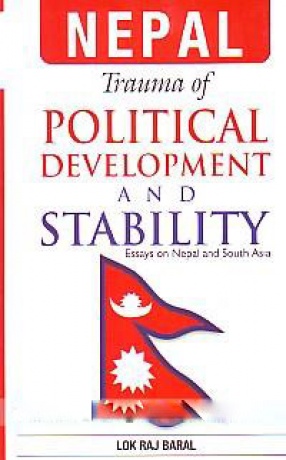
Lok Raj Baral

Showing all 8 books

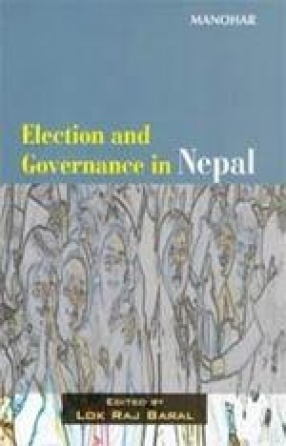
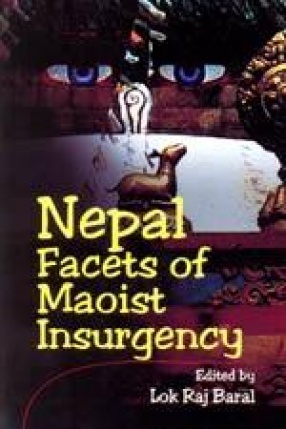

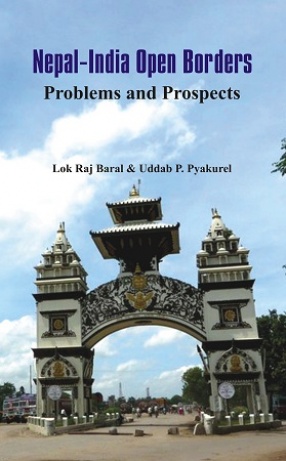
The present book is based on field study of Nepal-India open border arrangement and conduct of such unique and free border existing between the two countries since the signing of Sugauli Treaty in 1815-16. Its openness poses both challenges and opportunities for disturbing as well as making bilateral relations smooth and friendly. How such close relations which are incomparable to others have been managed and how the newer problems that arise with the pace of ...
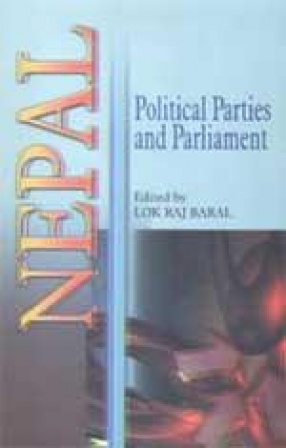
Political Parties and Parliament are inseparable in parliamentary democracy. Without parties, parliament cannot be formed, and without parliament, parties’ relevance to power and political processes would not exist. Such a symbiotic relationship between parties and parliament is universally accepted. The present volume also aims at rediscovering the newer role of parties and parliament as the old (British) model of parliamentary democracy alone would not ...

Local Leadership and Governance†is the continuation of the previous study on Leadership in Nepal. Leadership at local and national levels has distinct role to perform but the traits of leadership are common. In a country like Nepal, where most local issues engage national leaders during election, the importance of grassroots levels democracy becomes more relevant. Such interconnectedness between the local and national makes a composite character of ...

Election and Governance is the first innovative work on Nepal based on both theoretical and empirical studies. The main variables have been tested empirically at the local level by using survey methods and personal interviews. In the process, 500 respondents from fifteen villages and five municipal committees belonging to five sample districts were interviewed. Starting with the chequered history of Nepal’s political development, the different areas covered by ...
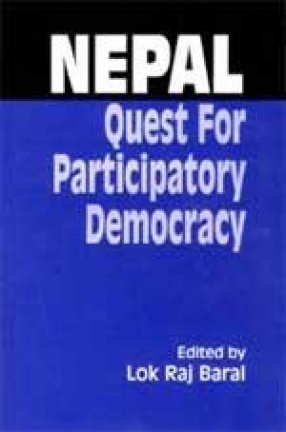
Participatory democracy is interpreted not merely as a representative process but also as an inclusive and substantive system of governance. Its mission is to enhance the overall interest and capacity of people living within a country. Accepting that electoral mechanism alone does not constitute democratic process, democracy is expected to empower ordinary people. The present book has tried to conceptualise participatory democracy by putting the people at the ...

"Nepal: facets of Maoist Insurgency†makes an effort to do a comprehensive study on the ten-year-long Maoist insurgency. The papers included in the book are of diverse nature and scope with ideological background, origin, growth, dynamics, ethnicity, and perspectives. The Maoist agenda of restructuring the state, monarchy and the Maoists, insurgency and emergency, external dimension and both diagnostic and prognostic aspects have been highlighted. The ...
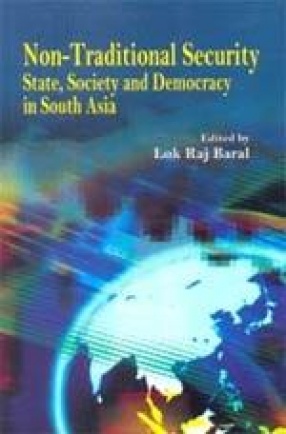
The traditional security concept implies military aspects, and is narrow in scope. The safeguard of the national frontier, protection of the state sovereignty or rulers who identity with the state, and involvement of military in certain humanitarian activities during natural and man-made disasters are some key elements of traditional security. Accepting force as a part of security, the non-traditional security, stressed in this book in contrast is based on a ...
